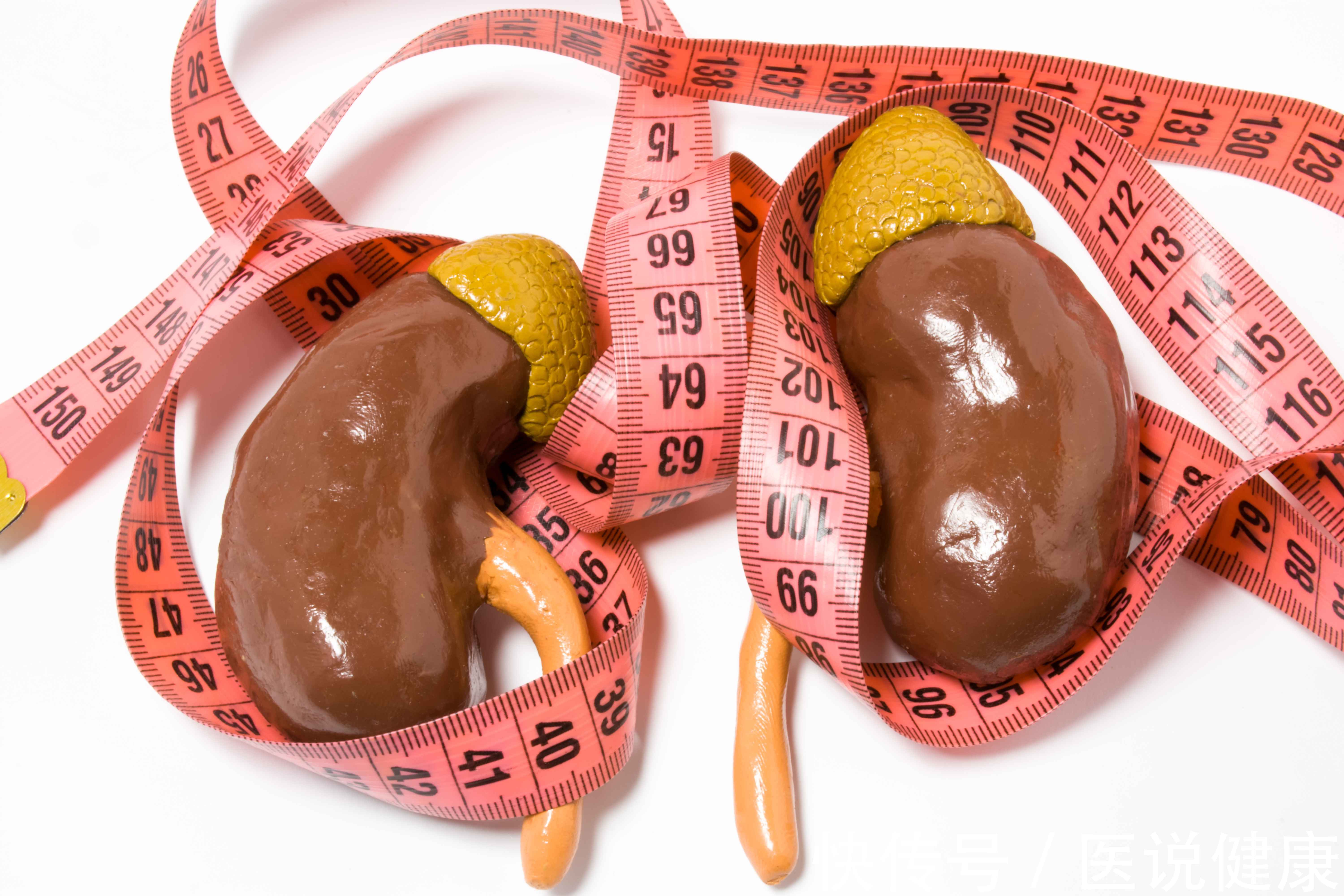Diabetic nephropathy is a microvascular disease caused by diabetes and is one of the most common complications of diabetes.
According to the degree of kidney damage, the disease can be divided into five stages, namely glomerular hyperfiltration and renal hypertrophy stage, noralbuminuria stage< /strong>, continuous microalbuminuria, clinical diabetic nephropathy, end-stage renal failure.
Among them, end-stage renal failure is the most serious. Even if dialysis treatment is performed at this stage, the possibility of cure is extremely small.

I have to say that diabetic nephropathy is still very harmful to the body, such as Induce chronic renal failure, uremia, vitamin D metabolism disorder, renal anemia, etc. lead to cardiovascular disease.
Therefore, when a disease is diagnosed, it is necessary to seek medical advice in time. However, due to various reasons, many people have certain misunderstandings about diabetic nephropathy, so what are the misunderstandings about diabetic nephropathy?

1. Not eating staple food can protect the kidneys
< p> Diabetic patients do need to strictly control their diet, especially those with diabetic nephropathy, they should pay more attention to their eating habits.
However, it would be irrational to reduce blood sugar and protect the kidneys by not eating staple foods.
Excessive reduction of staple food will only make the patient lack more nutrient elements, resulting in malnutrition of the body, thus affecting the condition Treatment.
In addition, skipping staple foods can also lead to hair loss, fatigue, menstrual disorders, and in severe cases it may also induce Muscle weakness. Therefore, regardless of whether you have diabetic nephropathy, you should consume the staple food in moderation.

2、Vegetarian does not contain protein, you can eat it as you like
Most patients with diabetic nephropathy have symptoms of renal failure and need to strictly restrict protein intake. Therefore, many patients mistakenly believe that they only need to eat vegetarian food.
However, protein is not only found in meat products, many vegetarians are also rich in plant-based protein. Although not as high-quality as the protein in meat products, eating too much can also cause health problems. Diabetic nephropathy patients are at greater risk.
Therefore, it is recommended that patients with diabetic nephropathy have a balanced diet and moderate intake of low-protein foods, such as eggs, milk, etc. are good choices.

3, only soup
for To reduce the burden on the kidneys, some patients do not eat any other food except soup, which is actually not feasible.
With the exception of clear broths, most broths are high in fat and cholesterol. If you only drink soup blindly, there is no benefit in blood sugar control, and it may even burden the kidneys due to excessive intake of fat and cholesterol.
Secondly, drinking only soup for a long time will also cause the body to take in sufficient nutrients, which will lead to lack of energy and lack of energy, and it is actually useless to control the disease.

4. Do not eat soy and soy products
< p>Soybean is a food rich in vegetable protein, so some patients believe that eating soy or soy products will lead to excessive protein in the body and damage the kidneys.
However, the protein contained in soybean is a high biological value complete protein, which is easy to be digested by the human body and has little damage to the kidneys of patients.
Therefore, diabetic nephropathy patients can consume soybean or soybean products in moderation.

As a common chronic disease, if diabetes is not controlled in time, it may induce multiple complications, such as diabetic nephropathy.
When diabetic nephropathy occurs, in addition to actively controlling blood sugar levels, it is necessary to treat the related kidney disease symptomatically. During this process, the patient must avoid the above-mentioned misunderstandings, so that the disease can be better controlled.